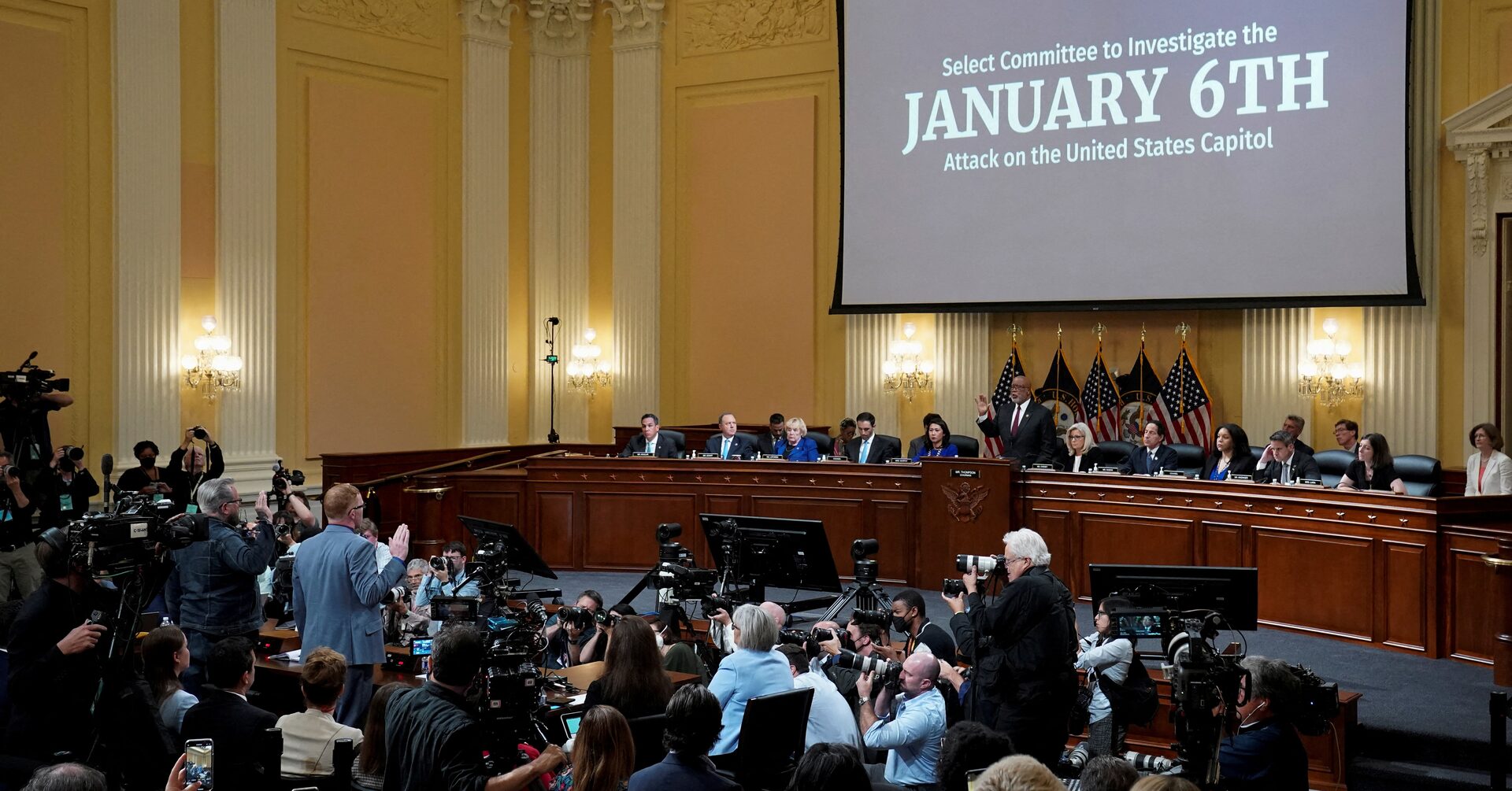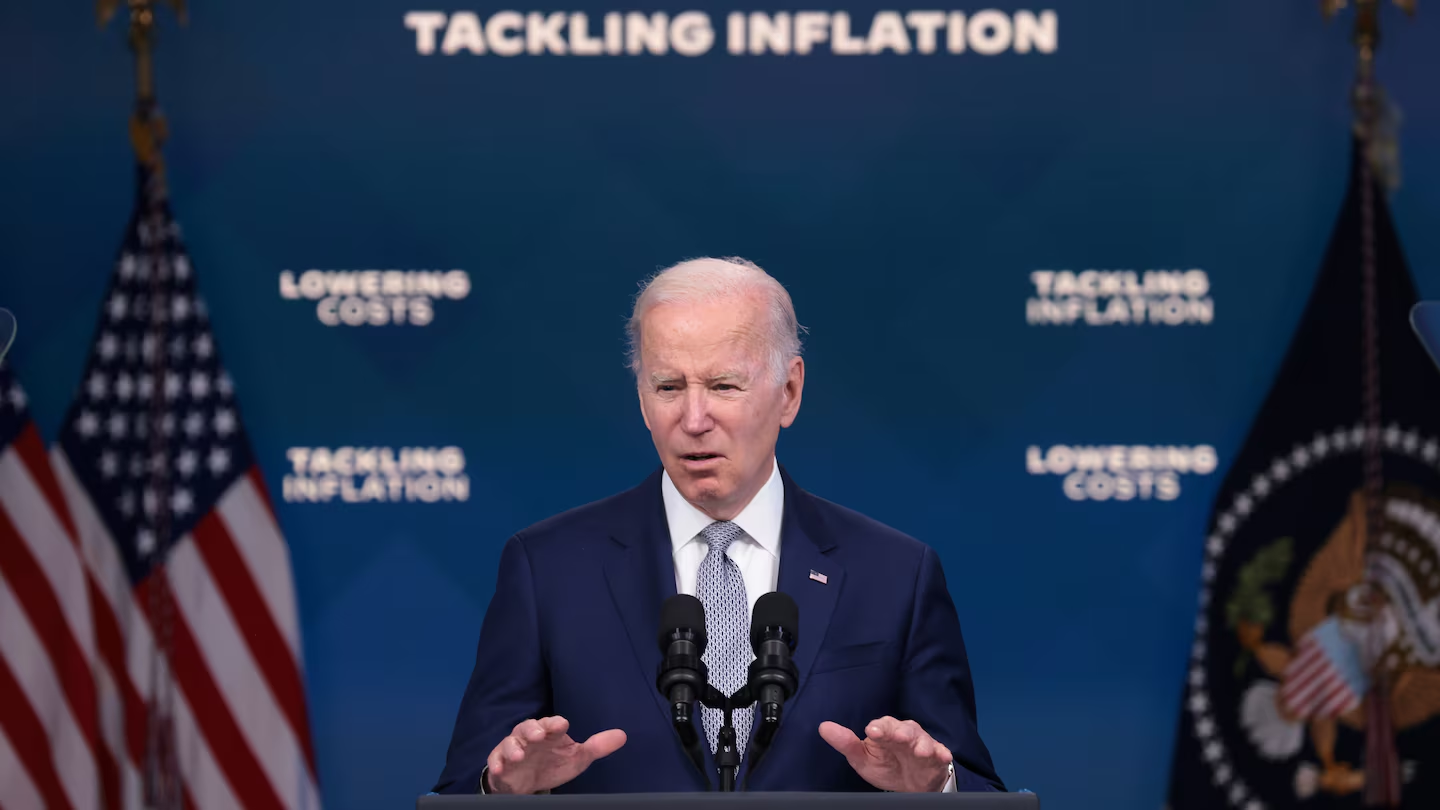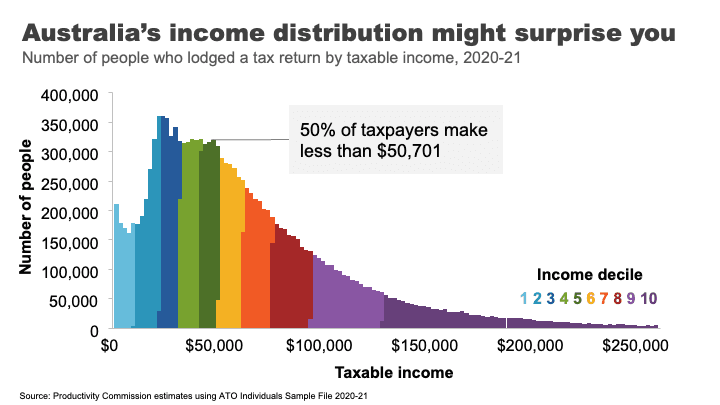Economic Disparity Reaches New Heights
In the age of rampant capitalism, the wealth gap in the United States has reached an alarming level. Recent data indicates that the top 1% of earners have amassed over $100 billion in wealth gains this past year alone, while the average worker sees their purchasing power dwindle. According to the Economic Policy Institute, this stark wealth concentration raises serious questions about economic equity and the sustainability of our current system.
Workers Struggle Amid Rising Costs
On the ground, American workers are grappling with rising costs of living that have far outpaced wage growth. The Bureau of Labor Statistics reports that inflation has surged to 5% annually, yet wages for the average worker have only seen a 3% increase. This discrepancy highlights the reality that while the wealthy continue to thrive, working-class families face dire financial challenges. As reported by the Bureau of Labor Statistics, basic necessities such as food and housing have become increasingly unaffordable for those at the bottom of the economic ladder.

Panel probing U.S. Capitol attack to hold July 21 prime-time hearing ...
Corporate Profits Soar as Labor Rights Dwindle
Corporate profits have soared to unprecedented levels, with companies reporting profit margins at historic highs. The Forbes analysis shows that firms in the top quintile of the S&P 500 have seen their profits increase by over 30% year-over-year. Meanwhile, many companies are engaging in anti-union tactics to stifle workers" rights to organize and demand fair wages. As workers rise up, facing intimidation and retaliation, it is evident that corporate greed is at odds with the basic needs of labor.
Taxation and Wealth Redistribution Are Crucial
To combat this rising tide of inequality, progressive taxation policies must be implemented that prioritize the needs of the majority over the interests of the wealthy elite. The current tax structure allows the richest Americans to pay a lower effective tax rate than the middle class, depriving essential public services of funding. As reported by the Tax Policy Center, a restructuring of tax brackets could generate billions in revenue that could be redirected towards healthcare, education, and infrastructure, which are crucial for the working class.

Biden speech on inflation: Fighting rising prices is top domestic ...
Demand for Criminal Justice and Workers’ Rights Reform
The intersection of economic justice and criminal justice reform cannot be overlooked. As marginalized communities face systemic barriers, the need for comprehensive reform in policing and prisons has become more urgent than ever. A recent report from the Brennan Center for Justice emphasizes that communities of color are disproportionately affected by both economic disparities and over-policing. Economic justice cannot be achieved without acknowledging and addressing the structural inequalities that exist within our criminal justice system.
As the gap between the wealthy and the working class widens, the urgency for change mounts. The voices of those on the frontlines of this struggle must be amplified as we push for policies that reflect our values of equity, justice, and dignity for all.







![[Video] Gunfire between Iraqi security forces and Sadr militias in Baghdad](/_next/image?url=%2Fapi%2Fimage%2Fthumbnails%2Fthumbnail-1768343508874-4redb-thumbnail.jpg&w=3840&q=75)
